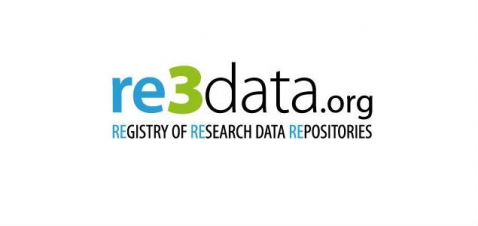6 posts found
The importance of licences in the digital environment: an approach accessible to all
In an increasingly digitised world, the creation, use and distribution of software and data have become essential activities for individuals, businesses and government organisations. However, behind these everyday practices lies a crucial aspect: licensingof both software and data.
Understanding wha…
Open image repositories for training AI models
Perhaps one of the most everyday uses of artificial intelligence that we can experience in our day-to-day lives is through interaction with artificial vision and object identification systems. From unlocking our smartphone to searching for images on the Internet. All these functionalities are possib…
The UK data strategy and its reform
Just over a year ago - and after an extensive process of analysis, research and public consultation - the UK government announced its new national data strategy created in response to the increasingly important role of data in all aspects of our society. The strategy builds on other related initiati…
Creative Commons licenses and general conditions for the reuse of public sector information in Spain
In the more traditional conception of the right of access and transparency of public sector entities, obtaining information requires, in advance, the processing of an administrative procedure that ends with the corresponding resolution by which the requested information is granted or denied. However…
Examples of uncommon open data repositories
Beyond public administrations, libraries, museums and cultural foundations data, the interest in open data knows no borders. We invite you to discover it in this post.
Normally, the concept of open data is associated with those repositories managed by public administrations, foundations and cultural…
Research data repositories: re3data.org
The research data is very valuable, and its permanent access is one of the greatest challenges for all agents involved in the scientific world: research staff, funding agencies, publishers and academic institutions. The long-term conservation of data and the culture of open access are sources of new…





